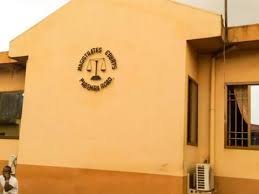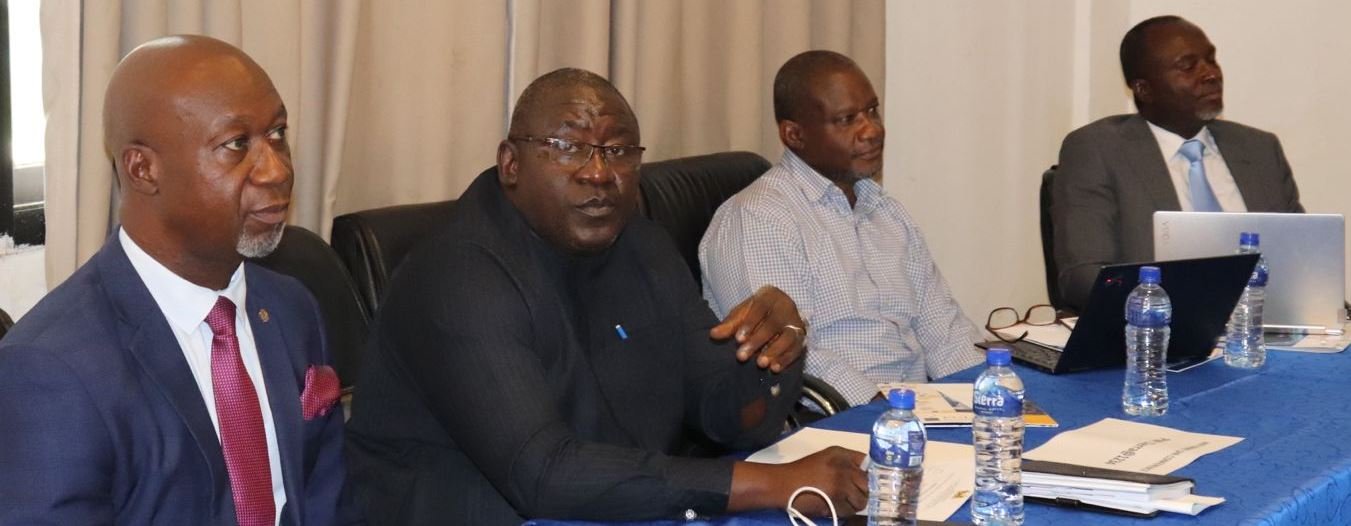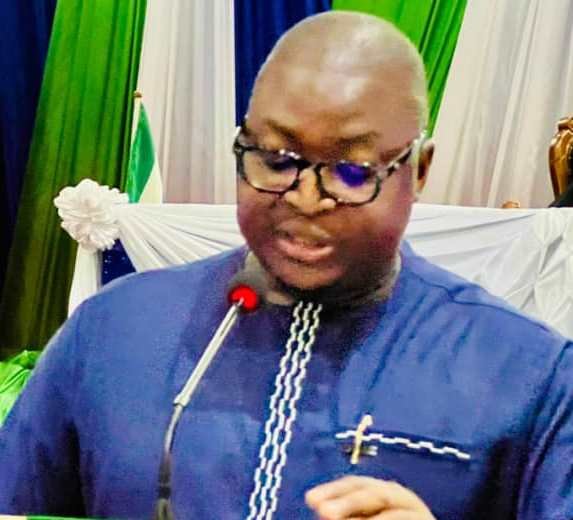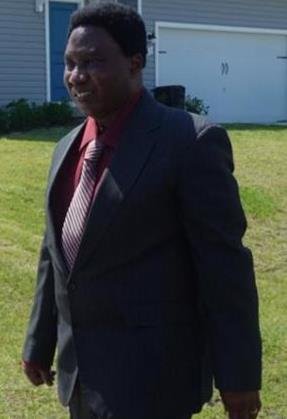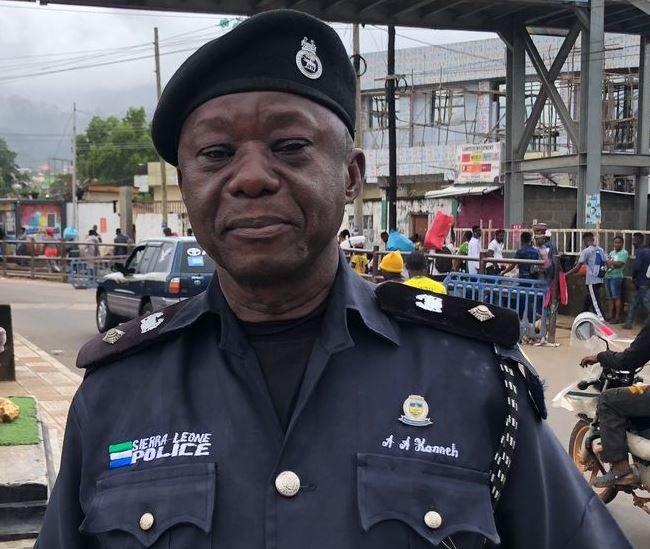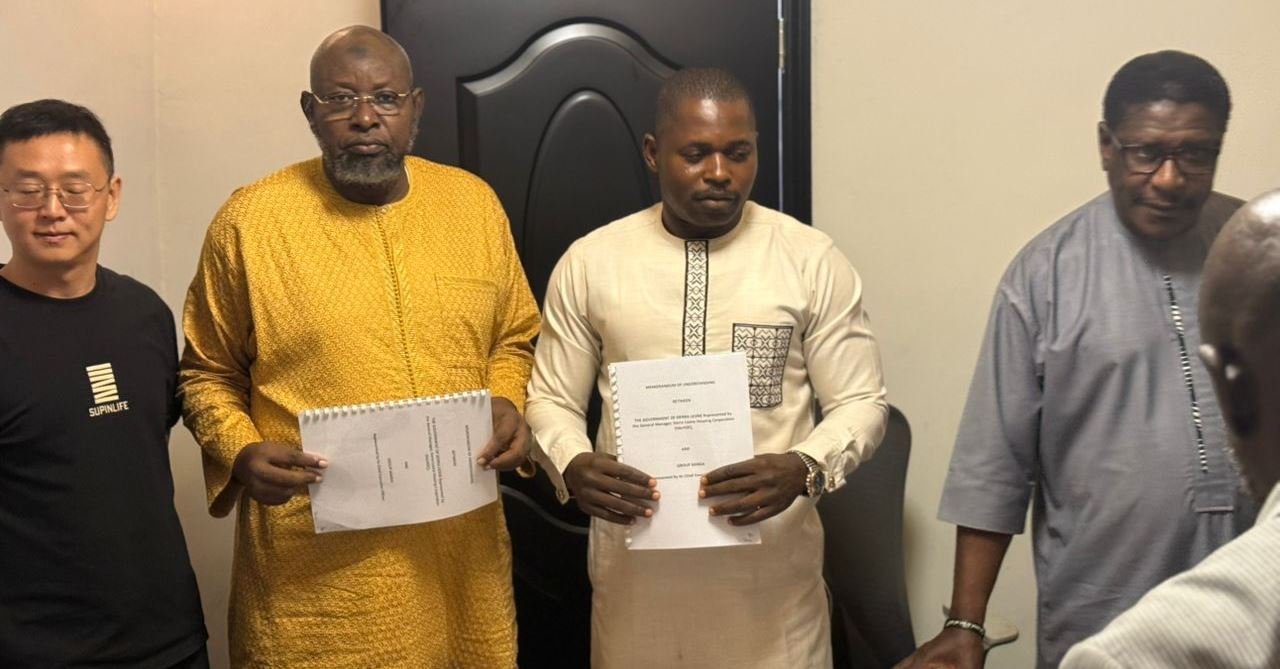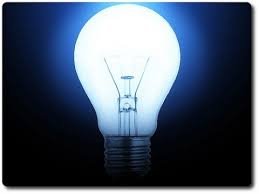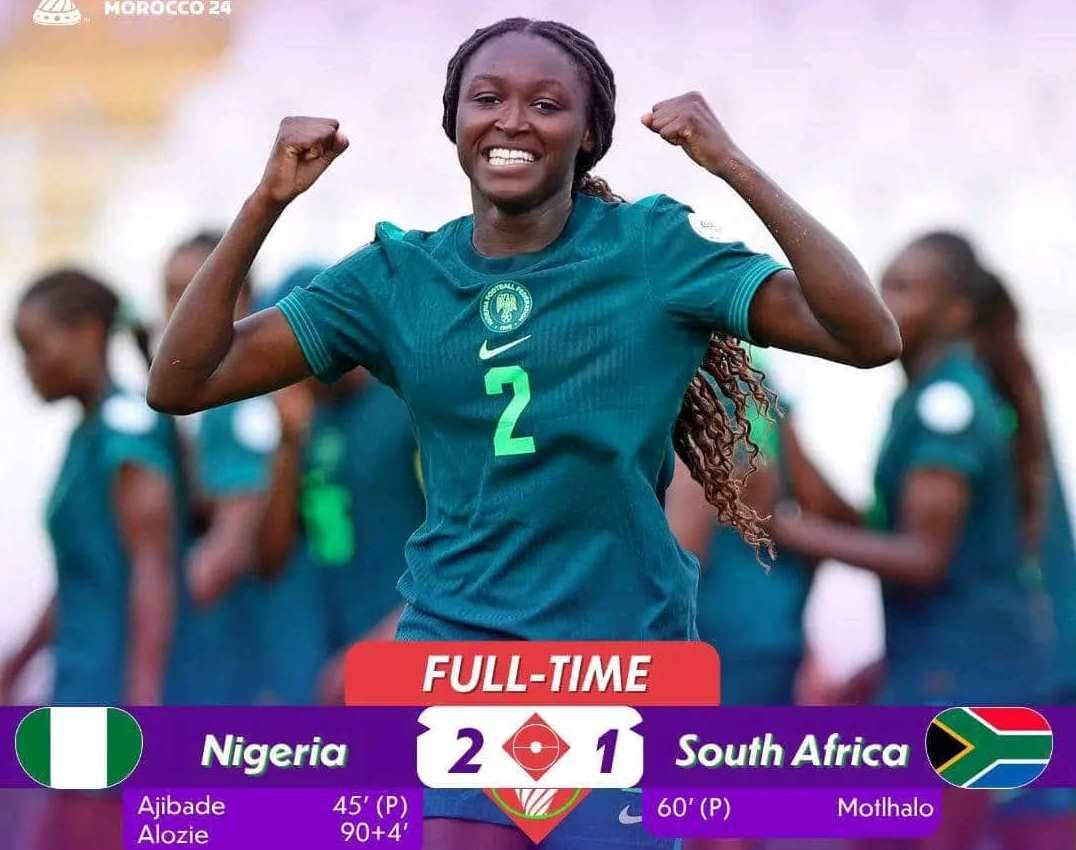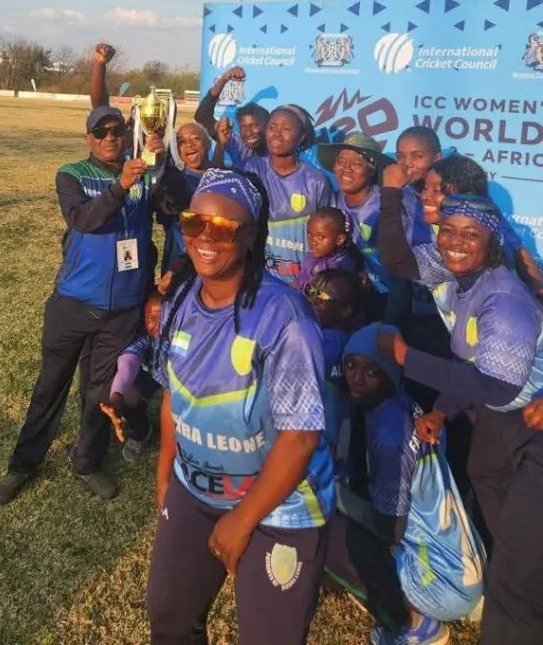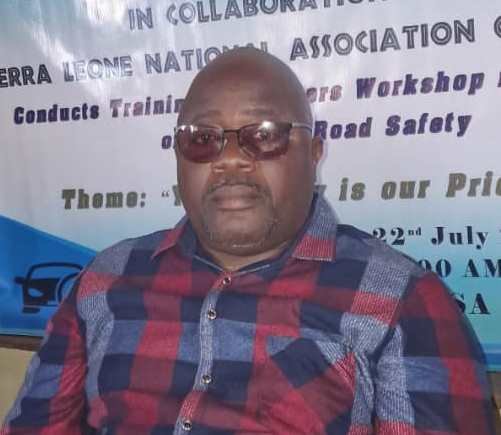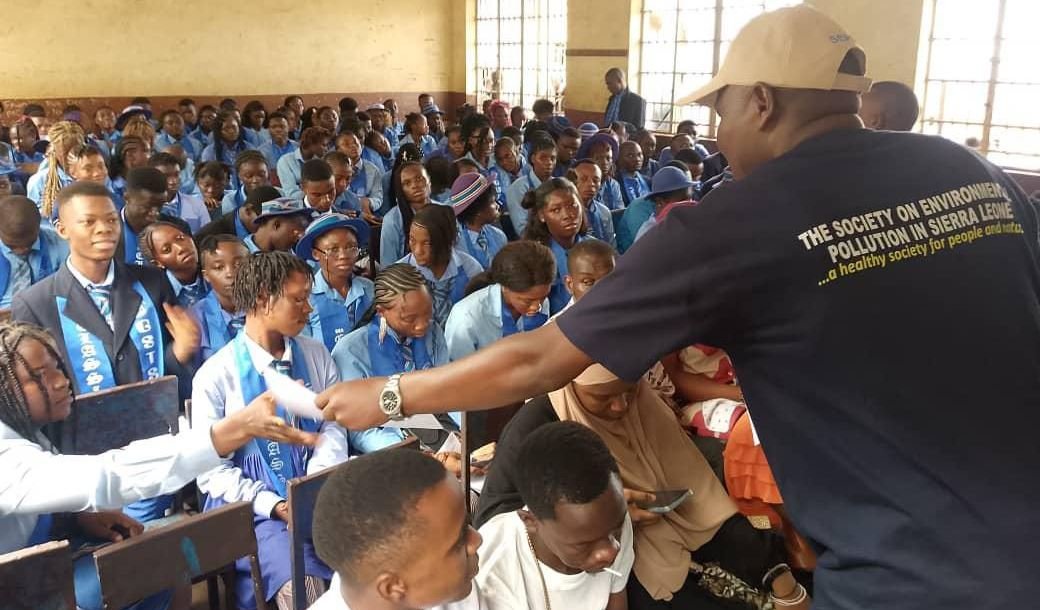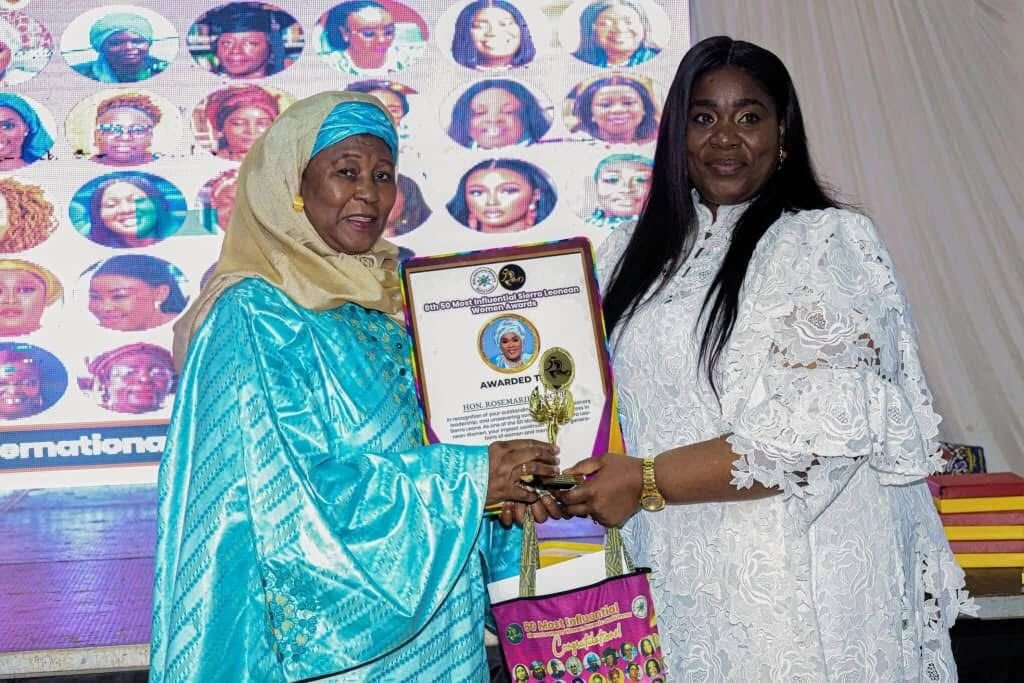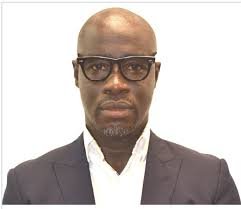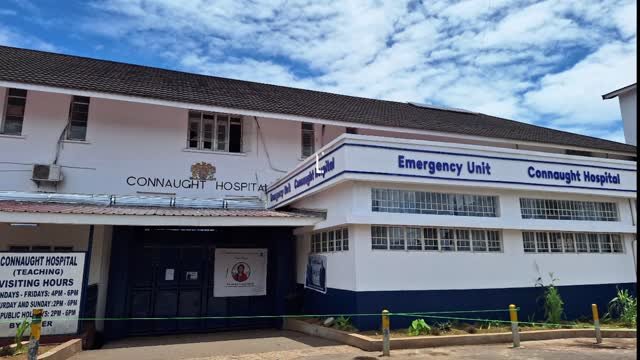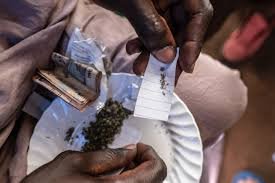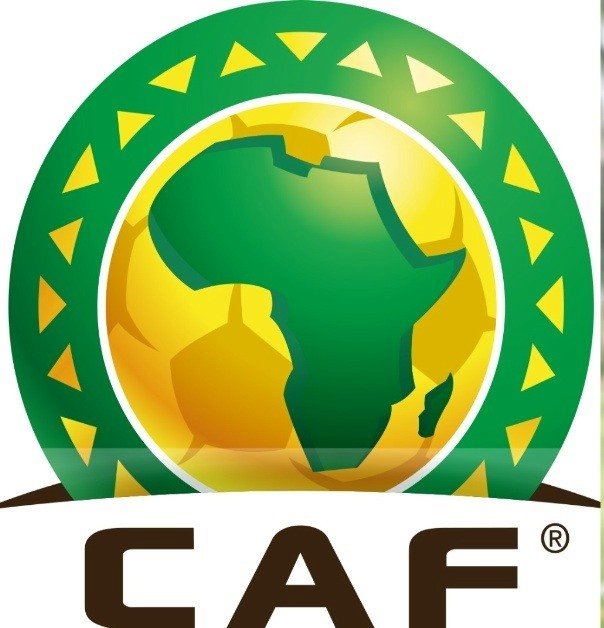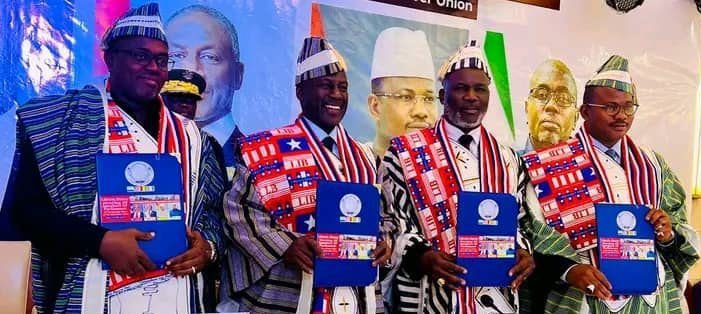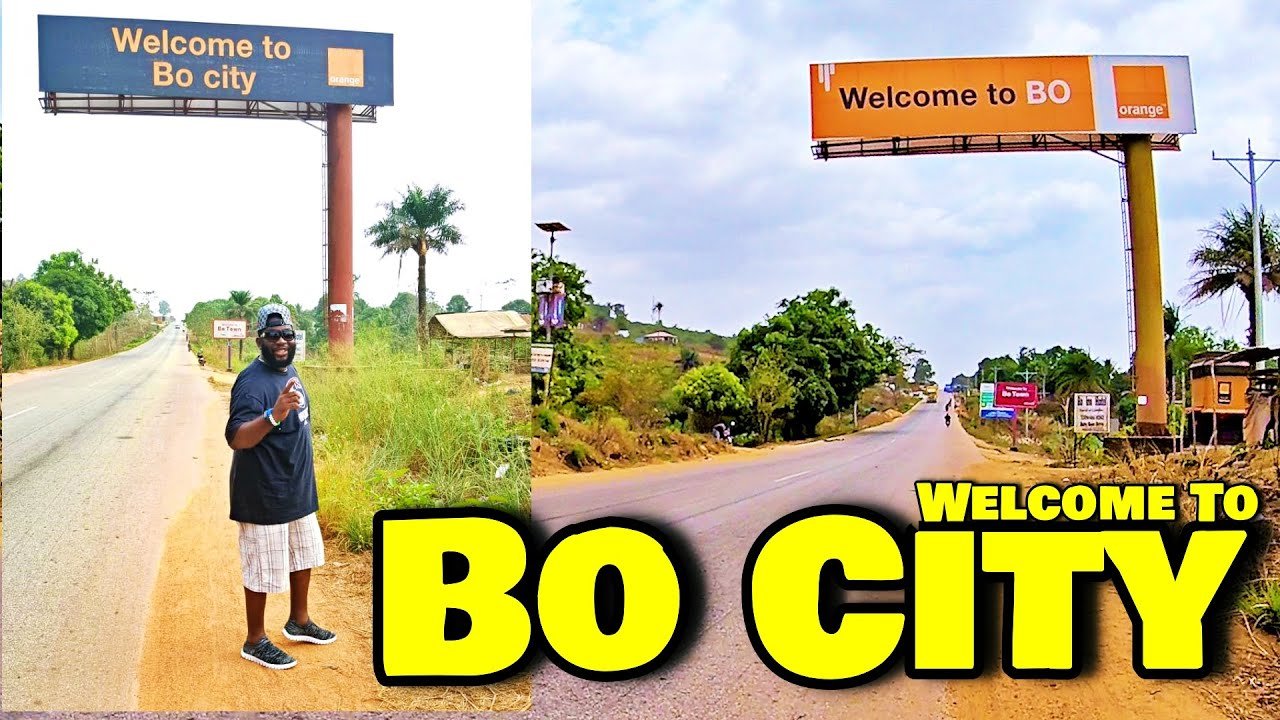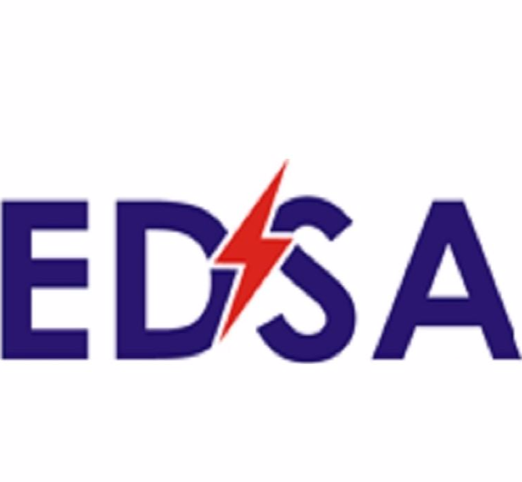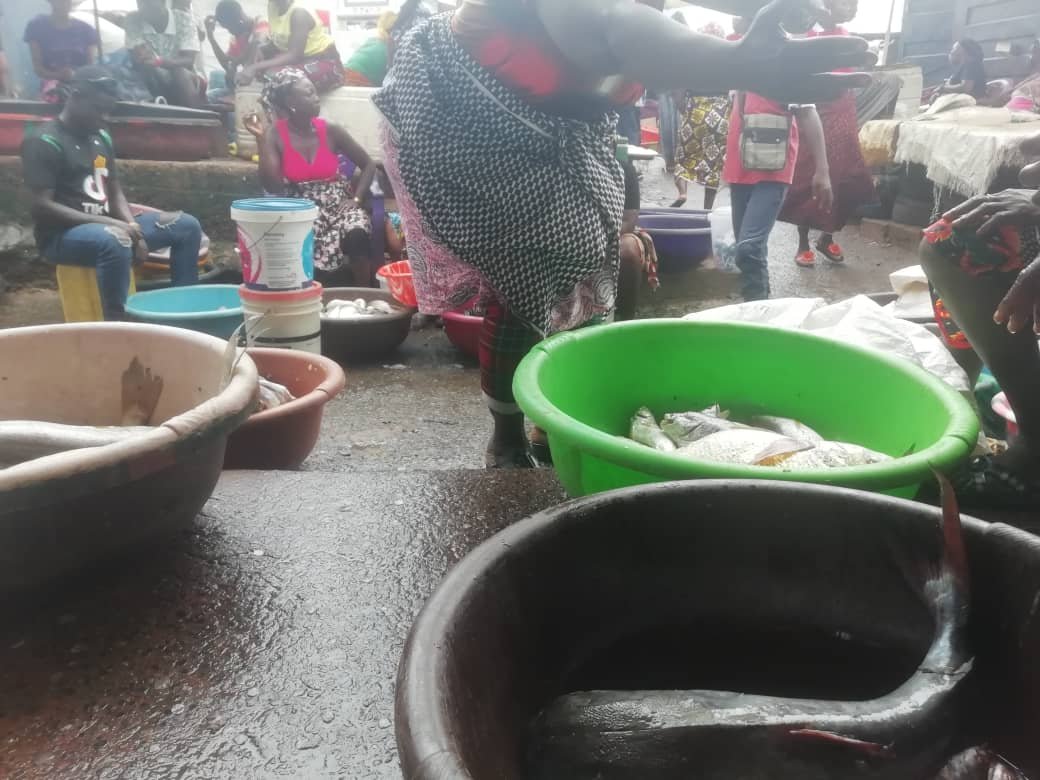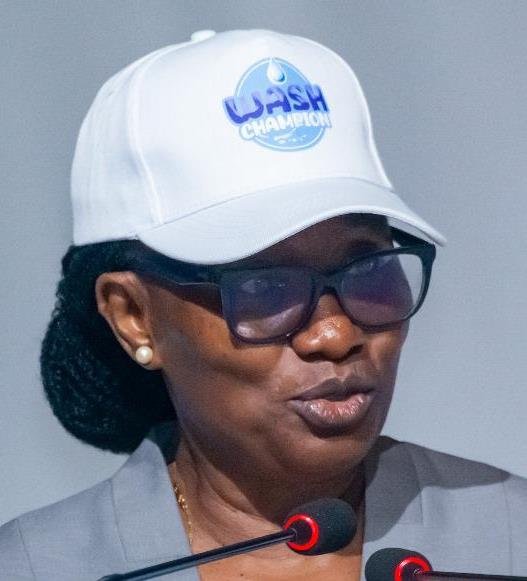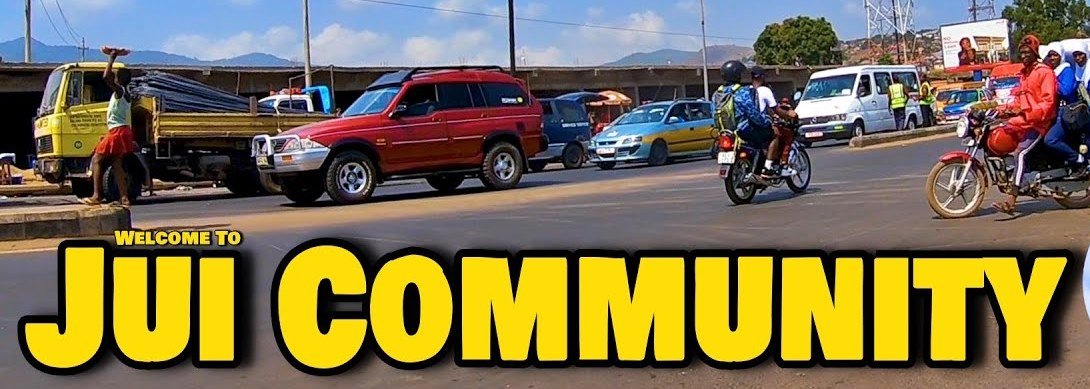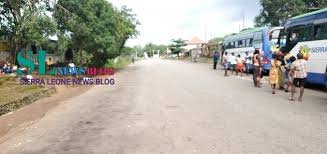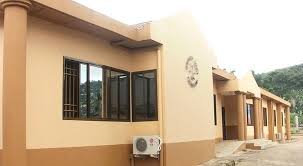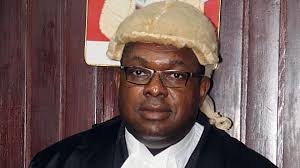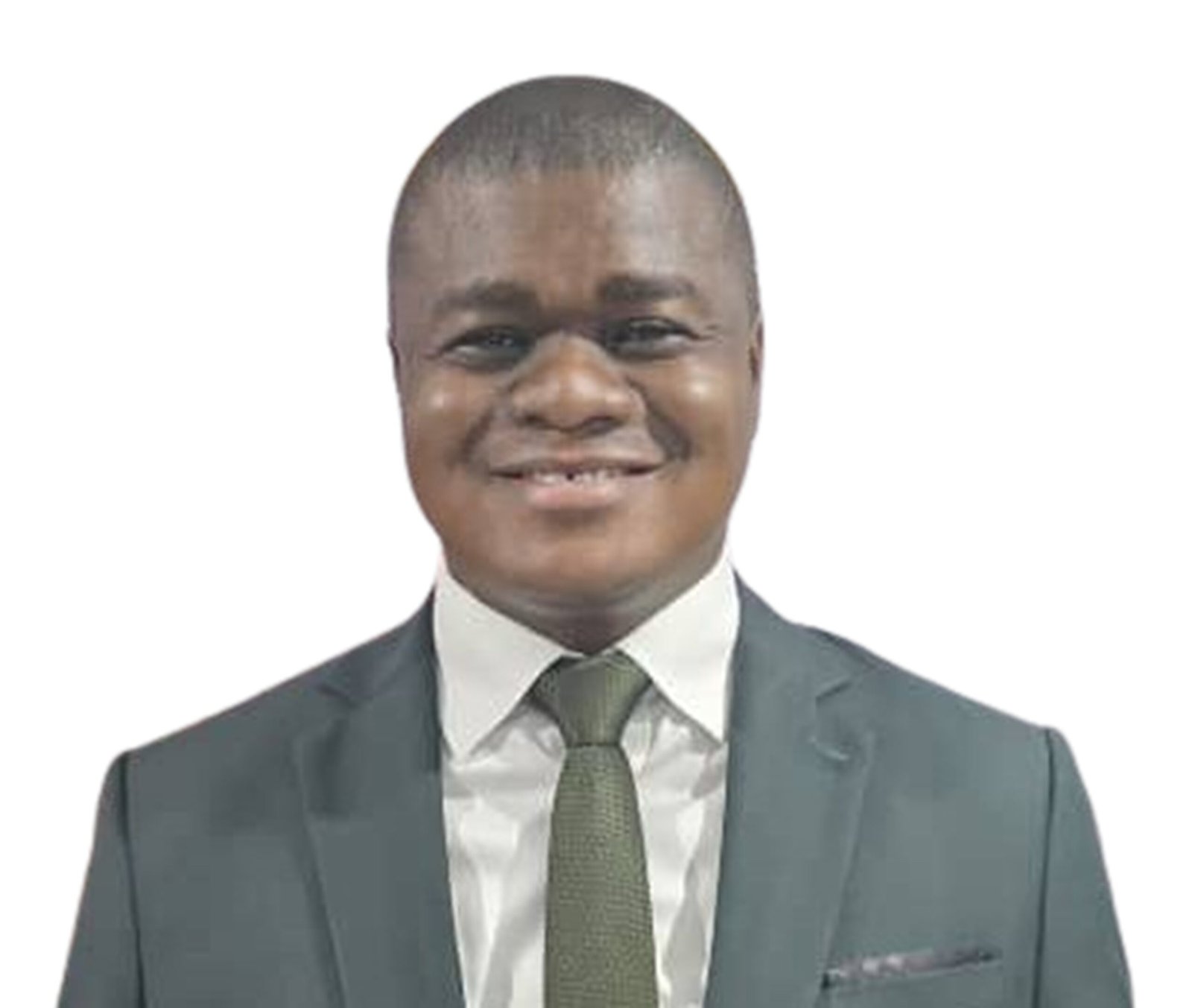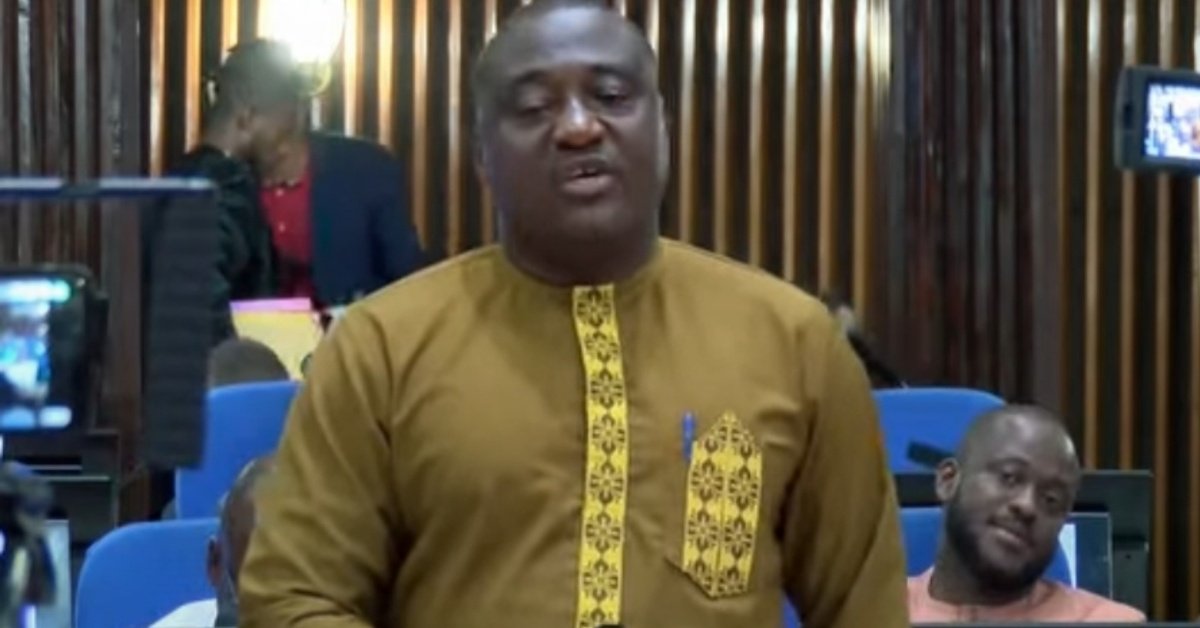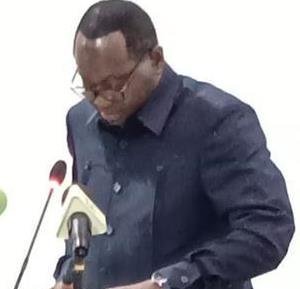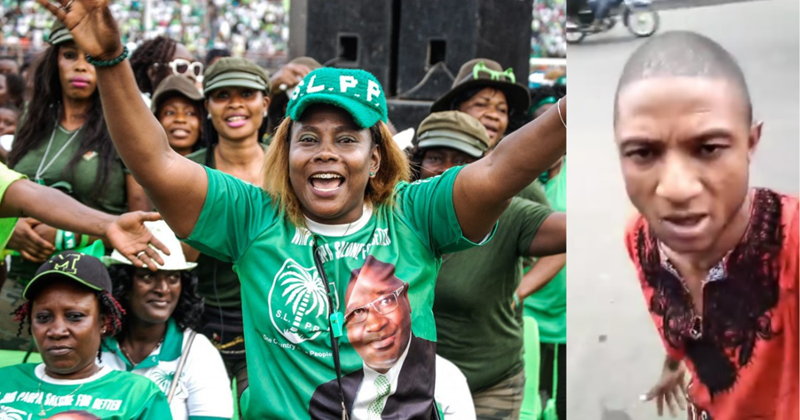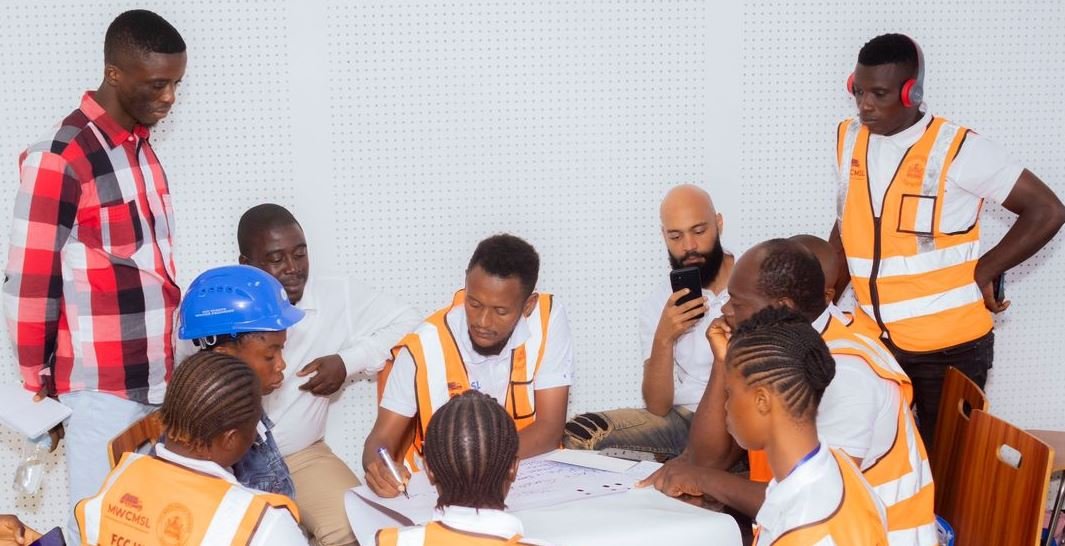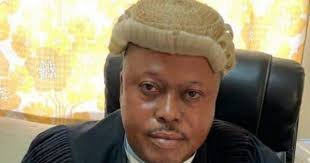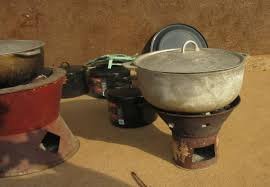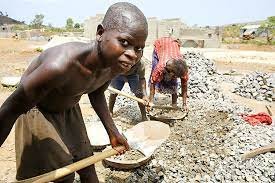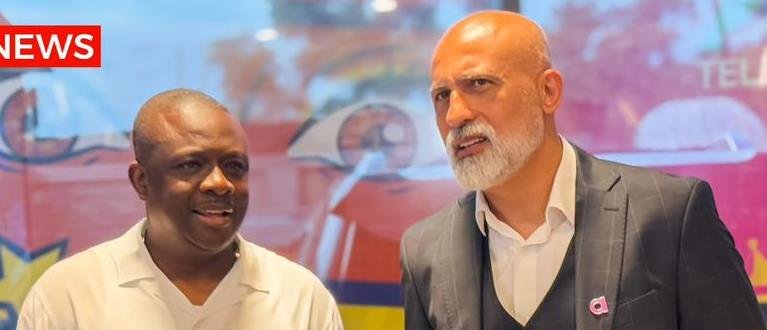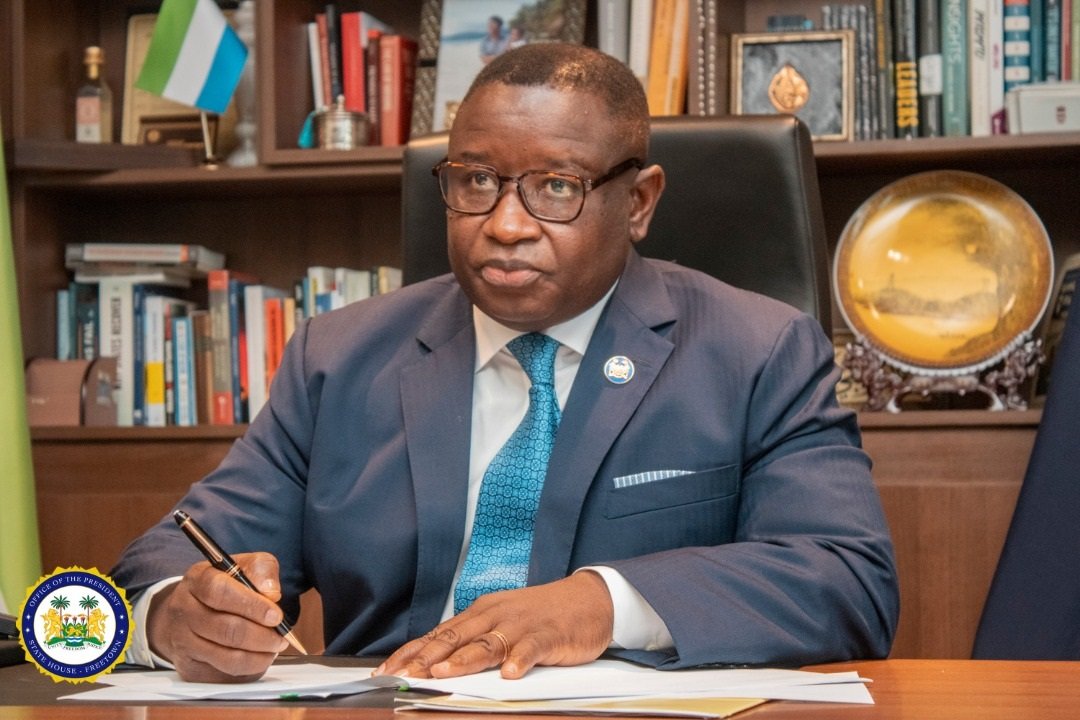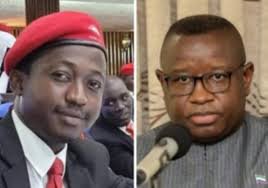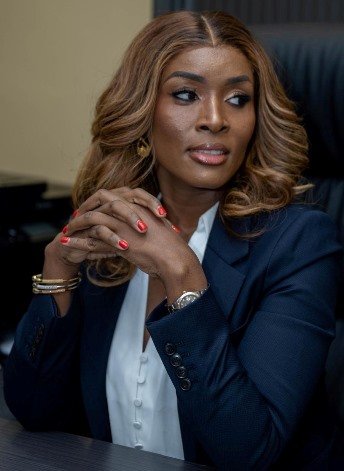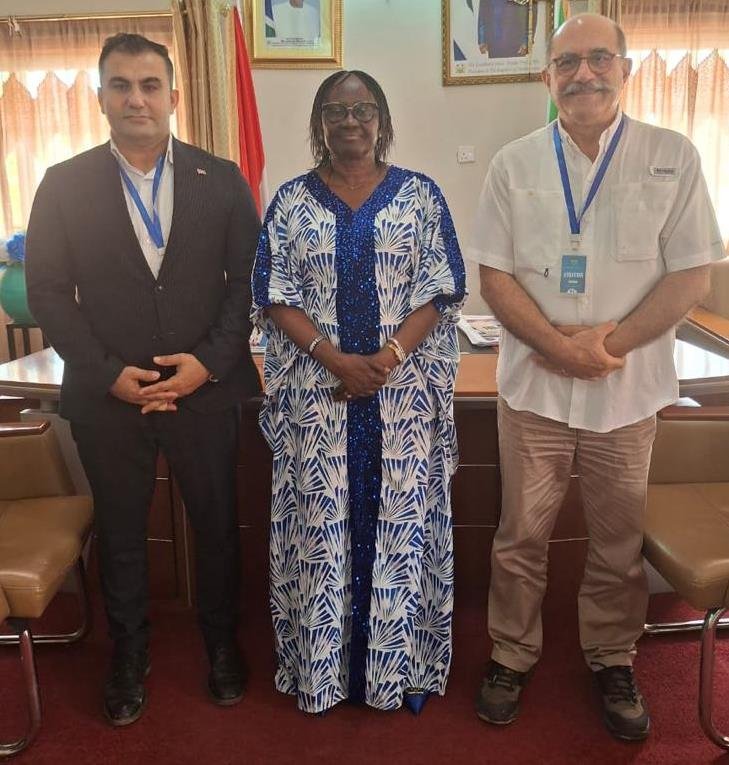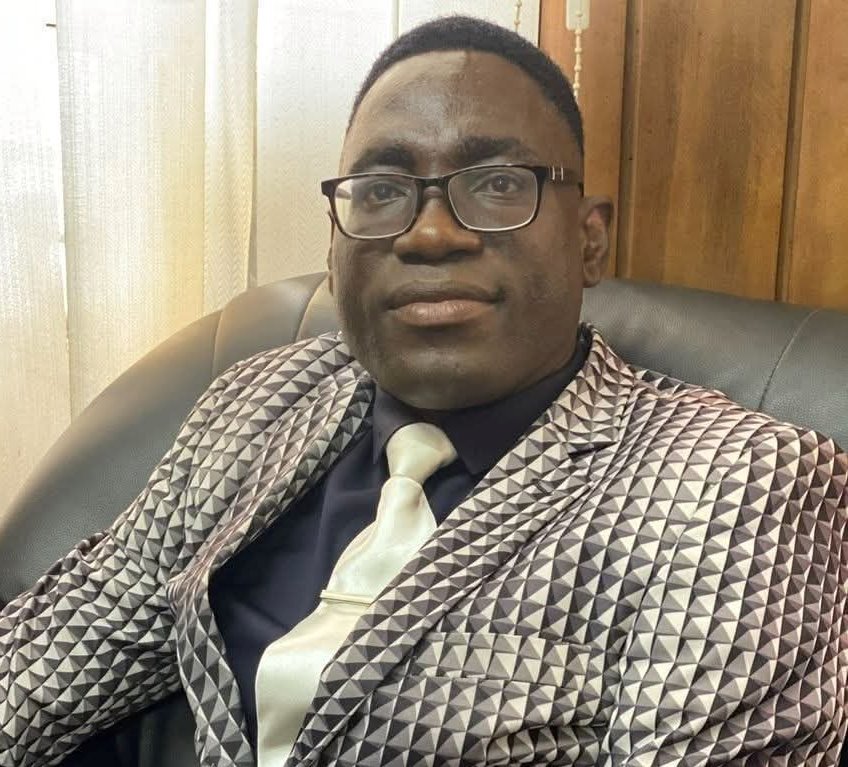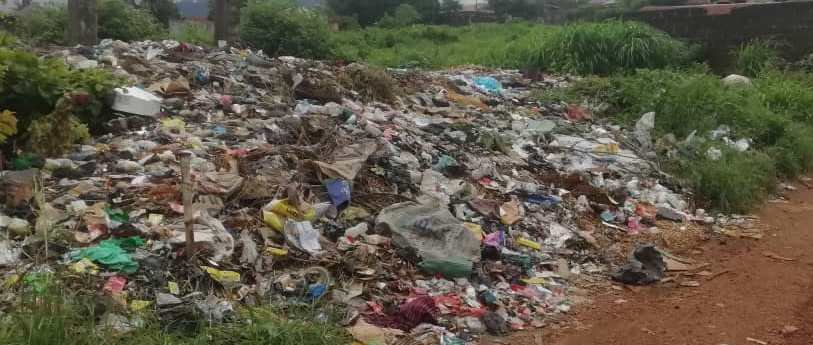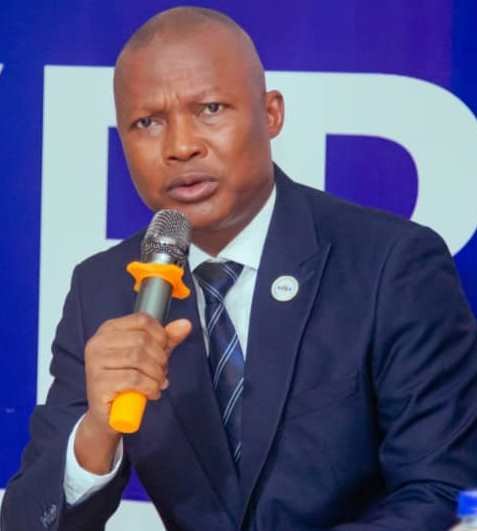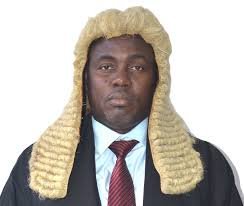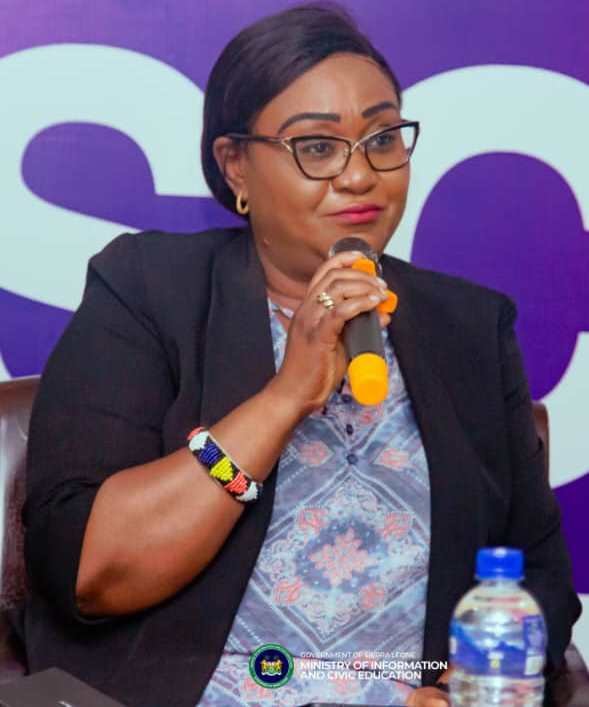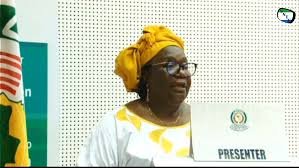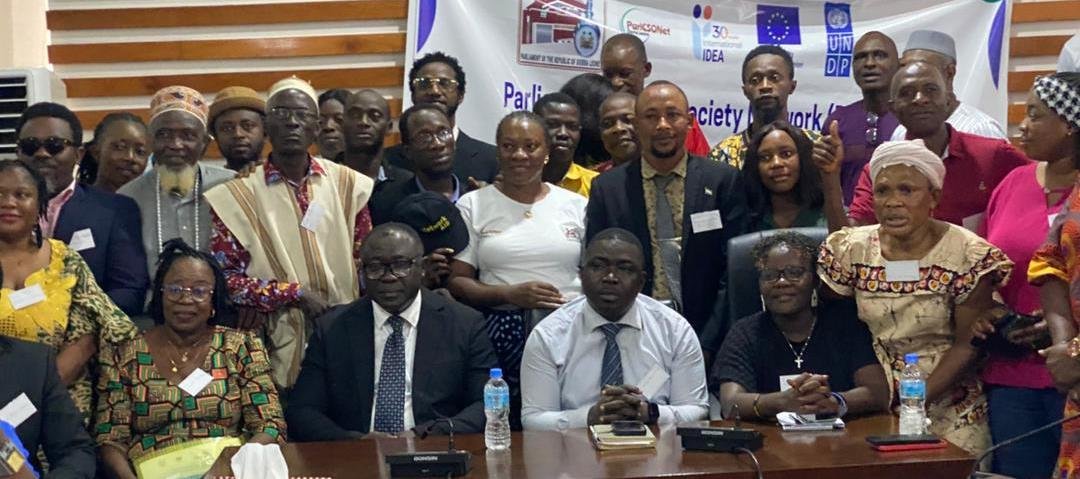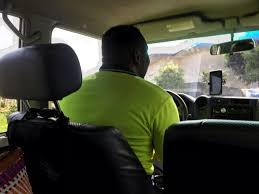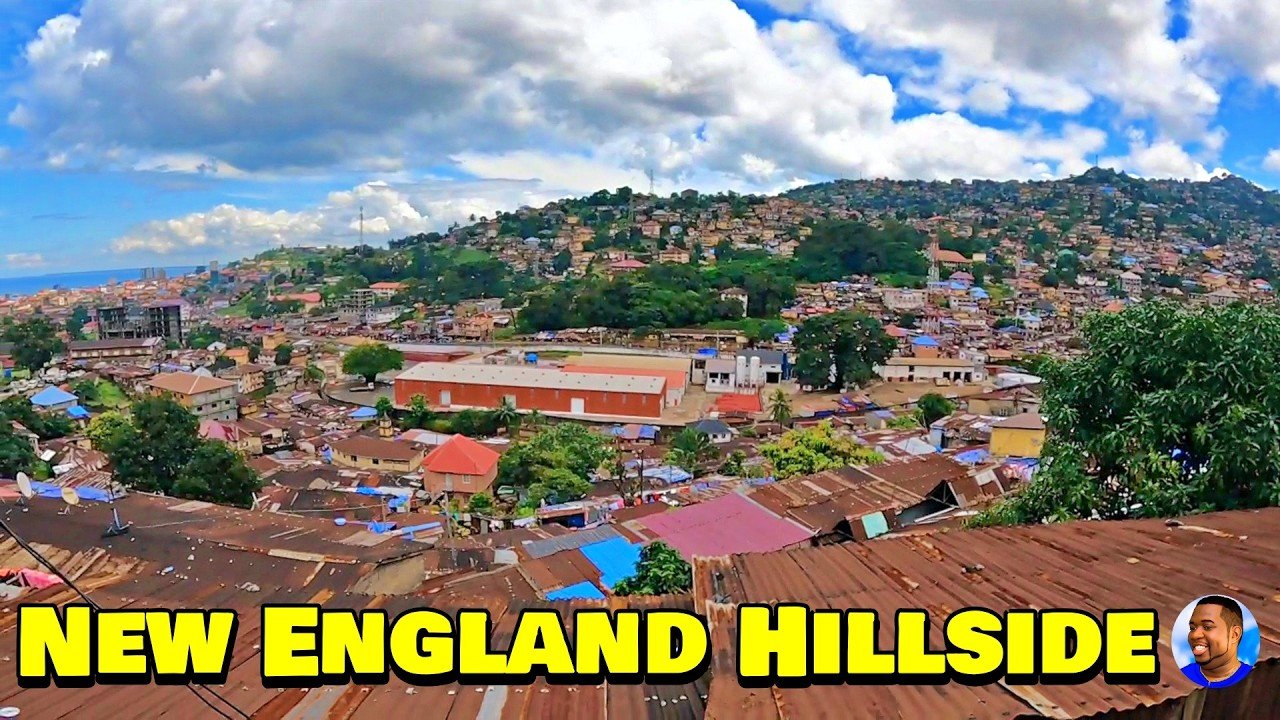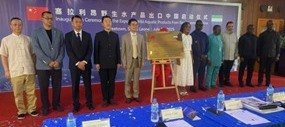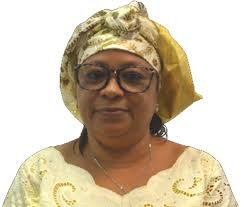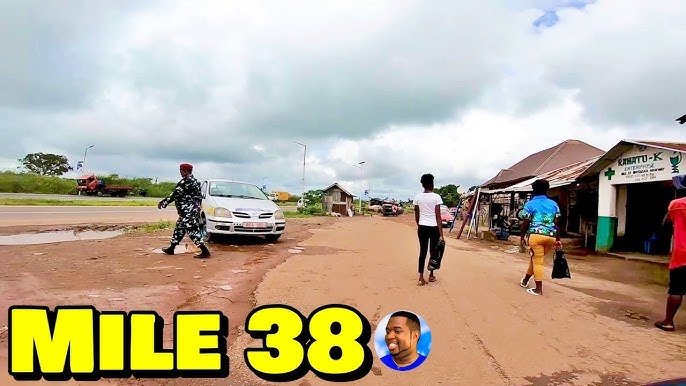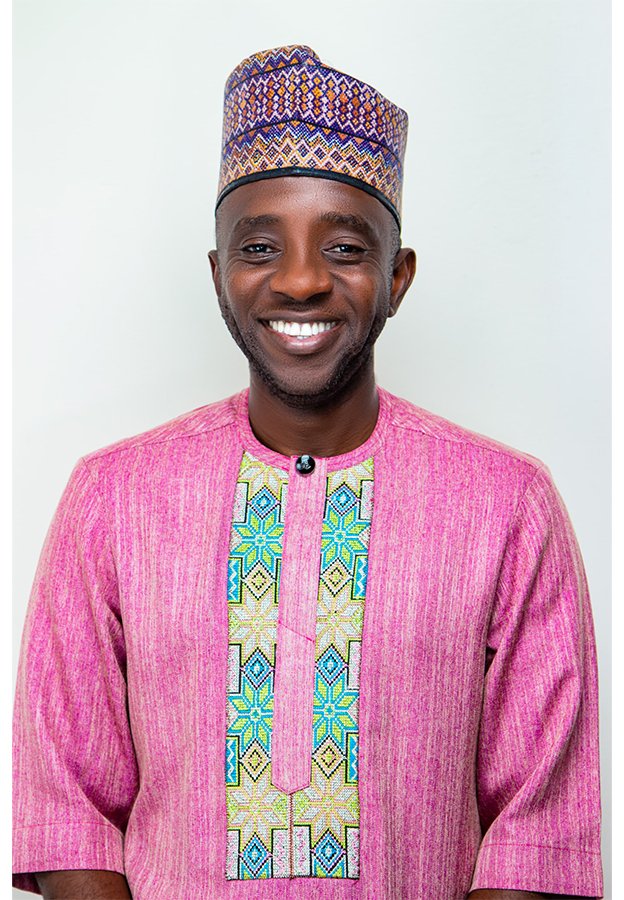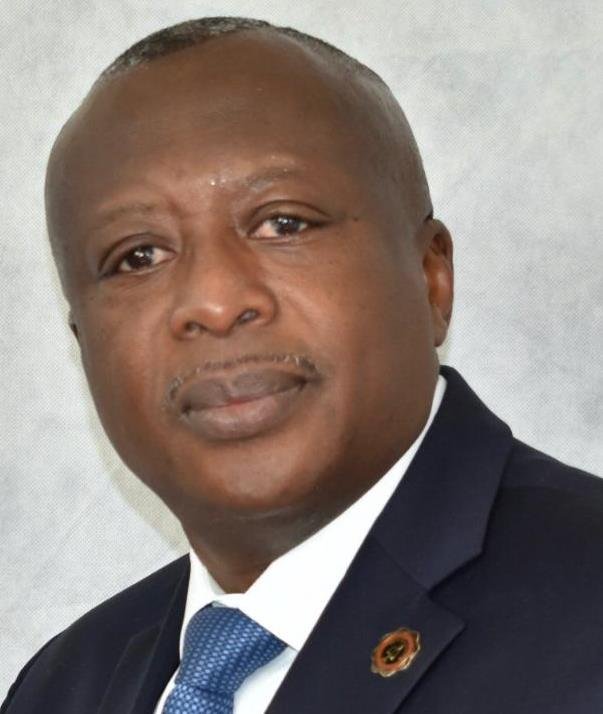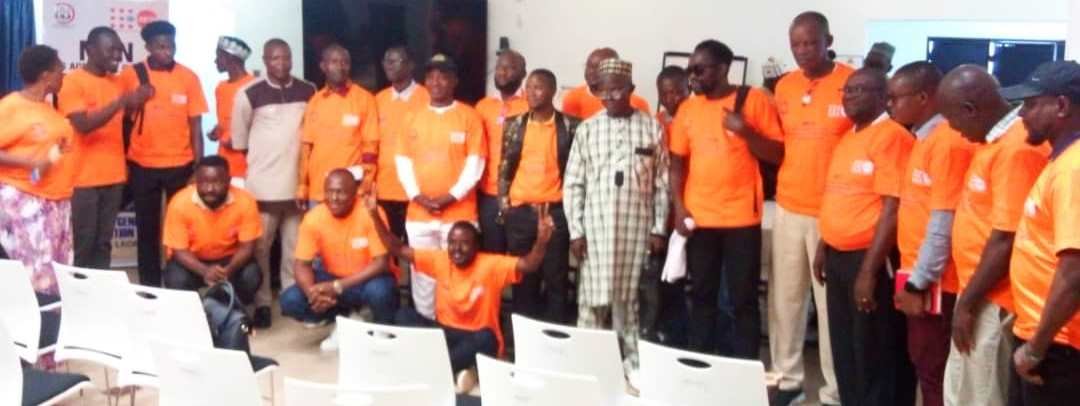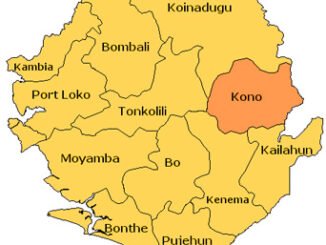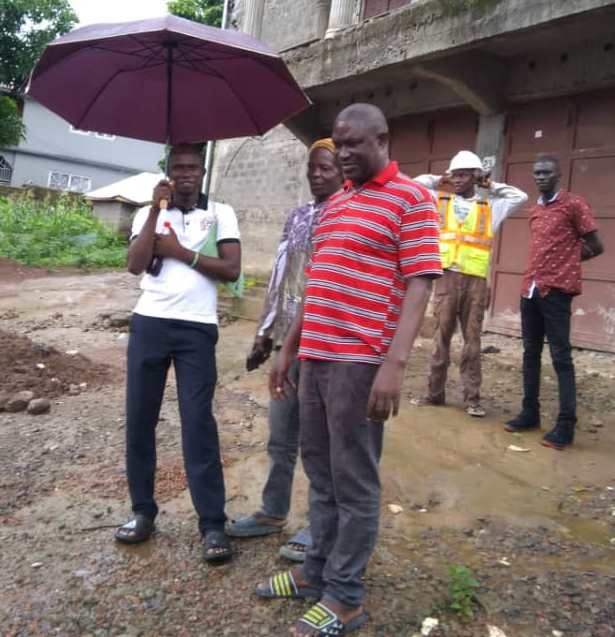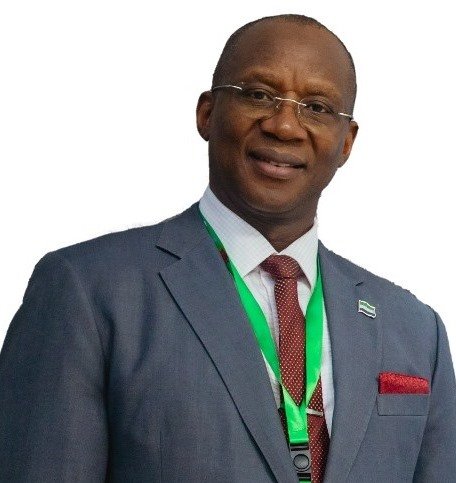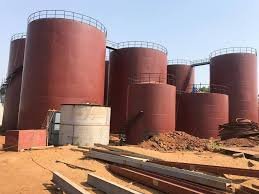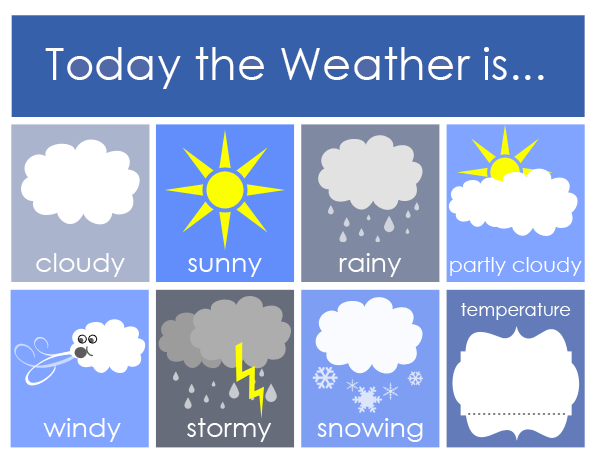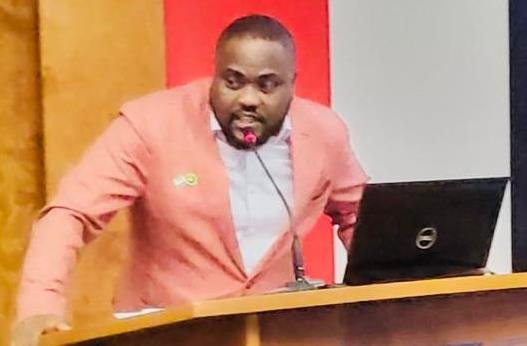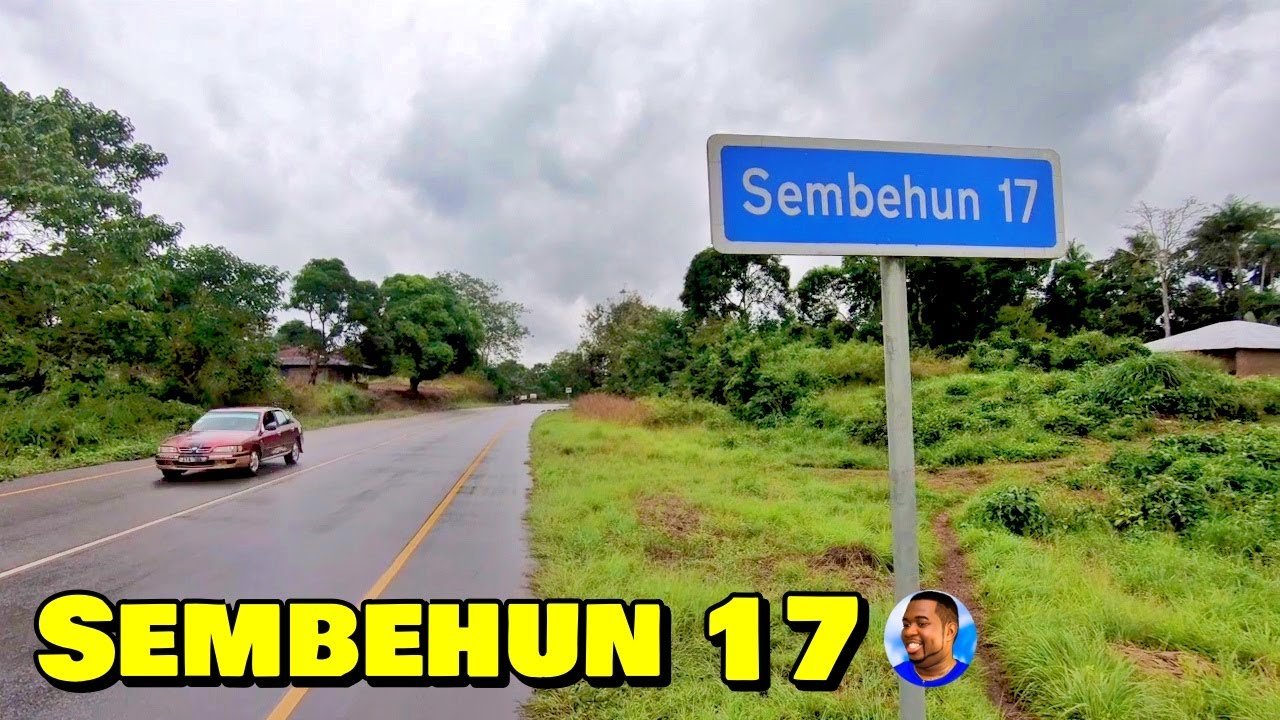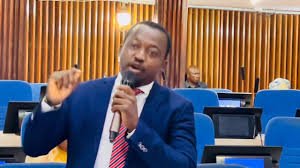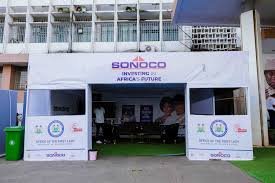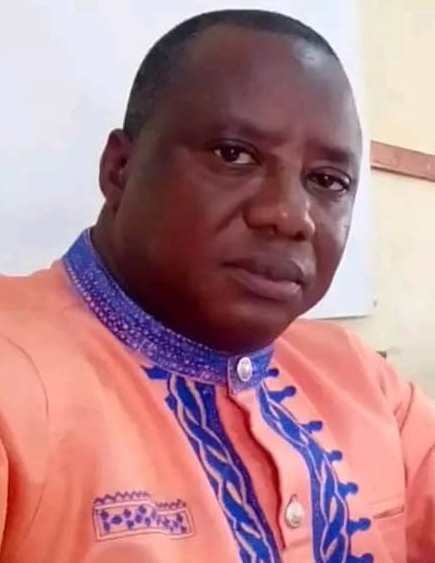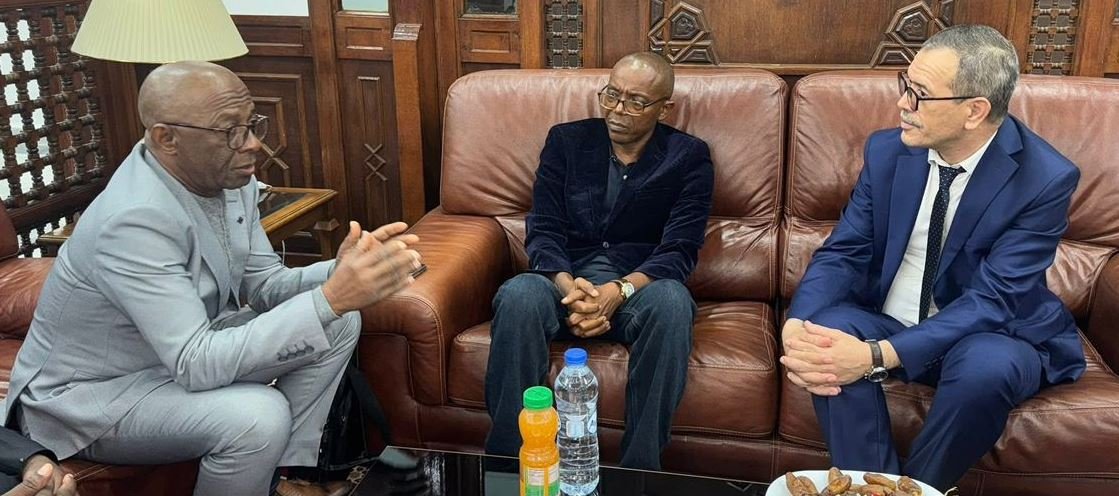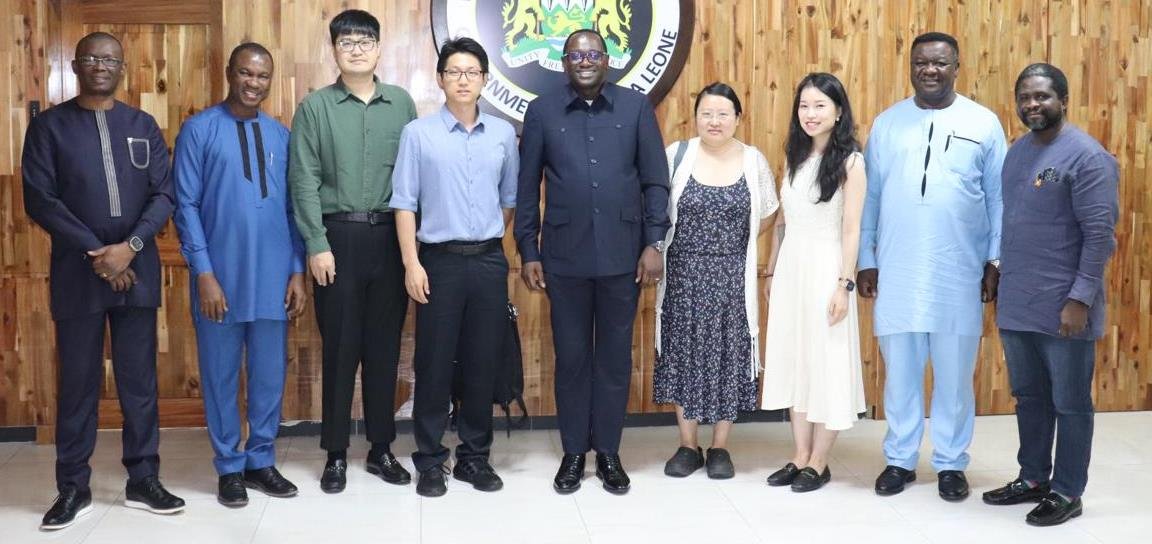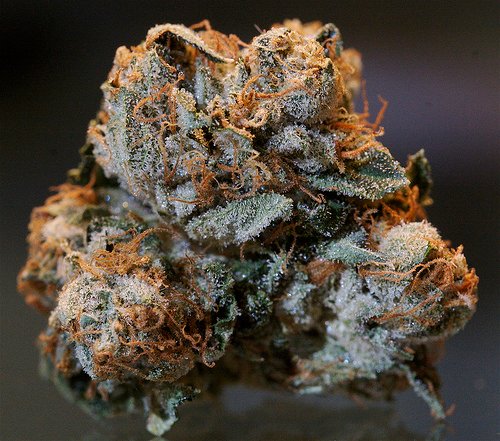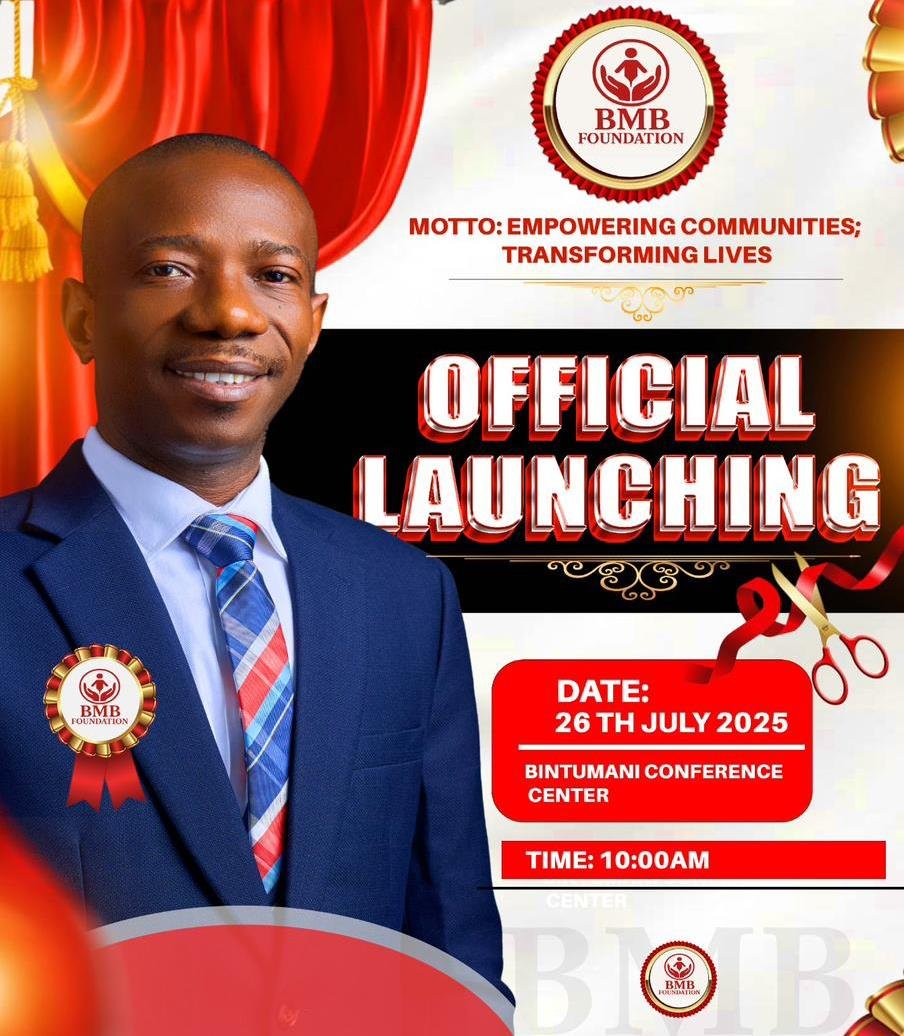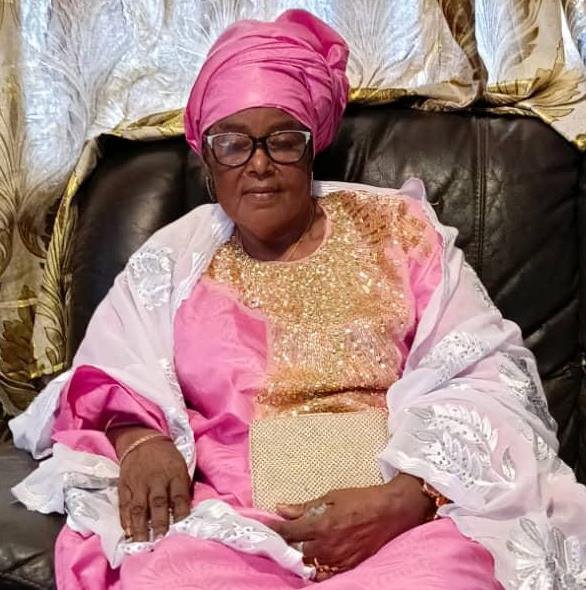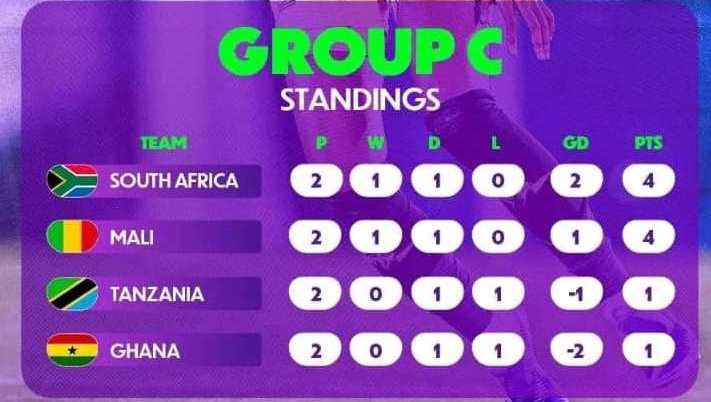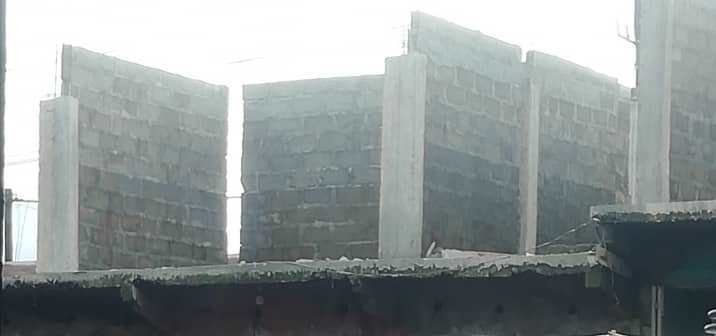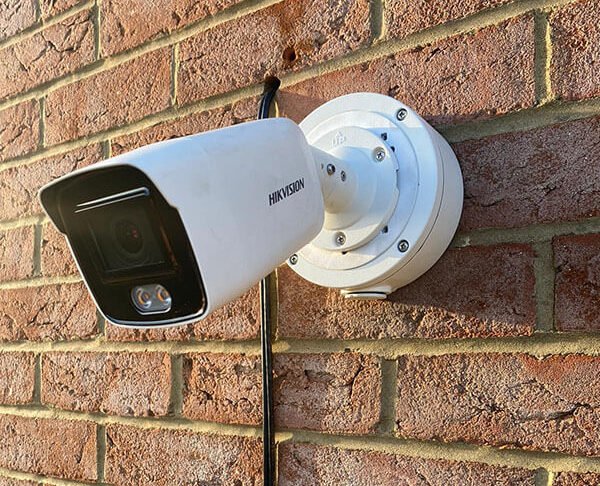By Ragan M. Conteh
During an interview, opposition whip Abdul Karim Kamara sharply criticized the government’s management of Sierra Leone’s energy sector, stating that the issues extend far beyond just one problem.
He referred to the 2020 audit report under the energy sector, which he claims highlights serious challenges that are largely being ignored by the authorities. Kamara expressed their frustrations of being in opposition, explaining how minor allegations against members of the opposition, such as petty theft, can result in immediate detainment and legal charges, even without solid evidence. He implied that this type of action points to a broader problem of corruption within the energy sector, which, according to the audit report, has been exacerbated by failure to addressing the key issues.
Kamara also raised concerns about the government’s failure to reimburse the added Goods and Services Tax (GST) to the government.
This added GST, Kamara argued, could have been redirected into funding power stations, which would help stimulate the energy sector. He took issue with the Energy and Water Regulation Commission (EWRC), calling out its inefficiency due to underfunding and understaffing, which severely hampers its ability to regulate the energy sector effectively. Kamara argued that the energy and water sectors should be split up as they require different expertise and management.
As he further highlighted the energy crisis in the country, Kamara referenced the widespread issue of water access, particularly in areas like Mount O’Neill, where the local population is forced to spend large sums of money to purchase water, due to its unavailability. Kamara suggested that the government should allow private companies to take over electricity distribution, advocating for a model where private companies could run the service more efficiently, create jobs, and generate taxes for the country. He pointed at Ghana model as a potential example where the private sector plays an active role in the energy market.
Kamara also expressed frustration over the government’s handling of the Bumbuna Phase 2 project, a key initiative aimed at expanding Sierra Leone’s energy capacity. He revealed that this project has been stalled due to the government’s failure to fulfill critical commitments, including providing partial risk guarantees that were outlined in the project agreement. Kamara called for greater transparency and accountability from the government, urging President Julius Maada Bio to revisit the energy agreements and ensure that they are honored.
He further emphasized the importance of exploring alternative sources of revenue through energy generation, particularly with the expected completion of projects such as the Bumbuna Phase 2, the Songo solar project, and the Kintan power station. Kamara said with these projects, Sierra Leone could significantly increase its energy capacity, which might even open the door to exporting electricity in future.
He questioned as to why despite the country’s potential, progress has been slow and urged the government to take more proactive steps in unlocking the sector’s potential.
Responding to a question about the previous government’s failure to resolve the nation’s electricity challenges, Kamara reflected on the poor state of infrastructure when his party was in power. He acknowledged that the situation in 2007 was far worse than it is now, and highlighted the efforts made by the previous administration to bring in new players and sign key projects like Bumbuna Phase 2, despite the delays and external factors such as fluctuating exchange rates and global crises like the COVID-19 pandemic. Kamara maintained that the former government had laid the groundwork for improvement, but external factors and financial constraints hindered the full realization of these projects.
Kamara also took the opportunity to address the role of legislation in improving the energy sector. He expressed his belief that when the National Power Authority (NPA) was unbundled, it was never intended for EDSA to become the sole agent for electricity distribution. If this was a mistake in the legislative law, Kamara suggested that the government should bring the legislation back to parliament and amend it. He emphasized the need to encourage other players to enter the energy market and ensure that the legal framework supports a more competitive, diverse energy sector.
He also urged the government to revisit the agreements related to the Bumbuna Phase 2 project, thus emphasizing that it is not a crime for the government to review agreements after they have been ratified. Kamara stressed that such reviews should be seen as part of an ongoing dialogue aimed at making agreements workable for the country. He warned that if successive governments continue to cancel agreements signed by their predecessors, it will create instability in the energy sector, and will discourage private sector players from investing in the country. According to Kamara, if the government wants to make meaningful progress in the energy sector, it must take responsibility and honour its commitments to ensure a stable and growing energy market.
Kamara underscored that basic services like energy, water, education, and healthcare must be managed with a sense of responsibility and ensure they work for a long-term period. He urged the government to stop playing politics with such crucial sectors and to ensure that agreements are respected, and that investments are protected, and so the country can move forward with sustainable development. He reiterated his commitment to pushing for greater accountability and transparency in the energy sector, stressing the importance of cooperation between the government, private sector, and the public for the greater good of the nation.








